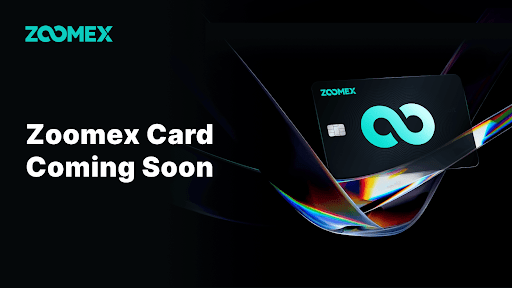Building and Protecting Your Board Game's Digital Reputation: A Strategic Guide

The digital landscape has revolutionized how board games find their audience and build lasting success. With the explosion of online communities and digital marketplaces, managing your board game's online reputation has become as crucial as the game design itself. Today's board game creators must navigate a complex web of social media, review platforms, and community forums to maintain their brand's integrity and appeal. Recent research has shown that games with strong online reputation management strategies see up to 40% better market performance, as detailed in this comprehensive analysis of board game digital presence.
Understanding the Digital Footprint in Board Gaming
Every comment, review, and social media mention contributes to your board game's digital footprint. In an industry where word-of-mouth and community trust reign supreme, a single negative review can snowball into a significant reputation challenge. Successful publishers recognize that reputation management isn't just about damage control – it's about building a resilient brand that resonates with players and weathersweather market fluctuations.
The Art of Community Management
Building a thriving board game community requires more than just regular social media updates. It demands authentic engagement with players, transparent communication about development processes, and consistent presence across various platforms. Whether addressing rule questions on BoardGameGeek or sharing behind-the-scenes glimpses on Instagram, every interaction shapes how players perceive your game and brand.
Strategic Review Management
Reviews serve as the lifeblood of board game marketing. While positive reviews can drive sales and create momentum, negative feedback requires careful handling. Professional responses to criticism, combined with proactive engagement with satisfied customers, help maintain a balanced online presence. The key lies in encouraging honest feedback while managing the conversation constructively.
Digital Marketing and Brand Consistency
Your game's online reputation heavily depends on consistent brand messaging across all digital channels. From Kickstarter campaigns to retail listings, maintaining a cohesive brand voice and visual identity helps build recognition and trust. This consistency extends to marketing materials, promotional content, and community interactions.
Crisis Prevention and Management
Even the most beloved board games can face reputation challenges. Production delays, rule clarifications, or component issues can quickly escalate in today's connected world. Successful publishers prioritize prevention through quality control while maintaining ready-to-implement crisis management strategies. When issues arise, swift, honest, and solution-focused communication proves essential.
Leveraging Digital Platforms
Each digital platform offers unique opportunities for reputation building. Twitter excels at quick updates and community engagement, while YouTube provides a perfect venue for tutorials and gameplay demonstrations. Understanding each platform's strengths allows publishers to craft targeted content that resonates with different segments of their audience.
The Role of Content Creation
Strategic content creation forms the backbone of modern reputation management. Regular blog posts, designer diaries, and strategy guides not only provide value to your community but also improve your digital visibility. This content serves double duty – supporting current players while attracting new ones through improved search engine rankings.
Influencer Relations and Partnerships
Building relationships with board game influencers and content creators requires a delicate balance. While their reviews and coverage can significantly impact your game's reputation, maintaining authentic partnerships proves more valuable than short-term promotional gains. Focus on building genuine connections with creators who truly appreciate your game.
Data-Driven Reputation Management
Modern reputation management relies heavily on data analysis. Tracking mentions, monitoring sentiment, and analyzing engagement patterns provide crucial insights into your community's health. This data helps identify potential issues before they escalate and guides strategic decisions about community engagement and content creation.
The Power of Transparency
In today's market, transparency builds trust. Whether discussing design decisions, addressing production challenges, or explaining business choices, open communication strengthens your relationship with the community. This transparency extends to both successes and setbacks, showing players that you value their support and investment in your game.
Adapting to Industry Evolution
The board game industry continues to evolve, with digital integration becoming increasingly important. From companion apps to online play options, publishers must adapt their reputation management strategies to encompass both traditional and digital aspects of modern board gaming. This evolution requires staying current with industry trends while maintaining the core values that attract players to tabletop gaming.
Building Long-Term Success
Effective reputation management in the board game industry requires a long-term perspective. Quick fixes and short-term solutions rarely provide lasting results. Instead, focus on building sustainable practices that foster community growth, maintain brand integrity, and create lasting connections with players. This approach helps ensure your game's success extends beyond initial launch excitement to create a lasting presence in the marketplace.
In today's digital age, your board game's online reputation can make the difference between success and obscurity. By implementing comprehensive reputation management strategies and maintaining authentic connections with your community, you can build a strong foundation for your game's continued success in the ever-evolving board game market.




